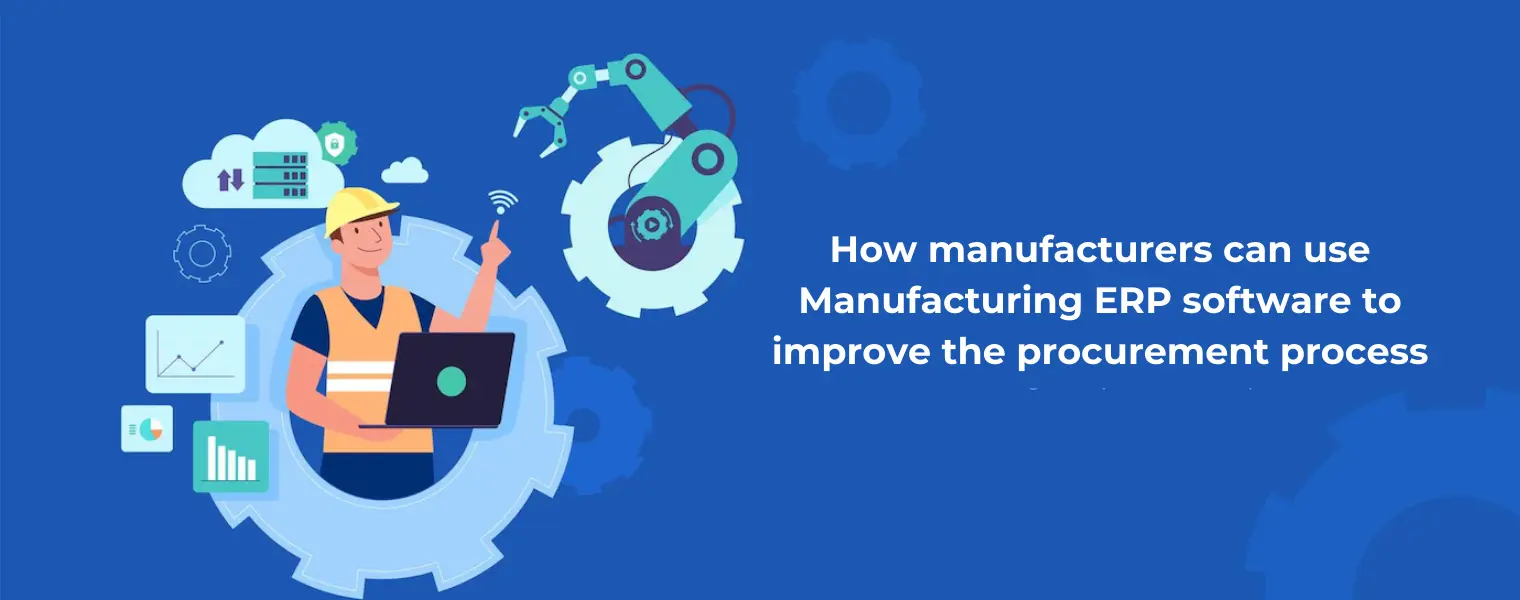
Disruptions such as the pandemic, supply shortages, global trade barriers, high customer expectations, and inflation all place enormous strain on the procurement process. As manufacturers strive to reduce costs while increasing speed, the process of acquiring materials, manufacturing products, and transporting them to their final destination has become more complex than ever. During the pandemic, 70% of manufacturing businesses experienced material handling and supply chain disruptions, according to Research. Despite this, only 33% of businesses spent money on procurement and sourcing technology. Furthermore, only 18% of businesses invested in technologies to improve external supplier collaboration.
Companies that have recognised the role of technology in transforming their business models have been able to thrive. To optimise procurement within the supply chain for improved business processes and decision-making, organisations should increase visibility and information sharing through collaborative technologies such as manufacturing ERP software.
Dark purchasing refers to purchases made outside of the defined procurement process. This can happen if someone with purchasing authority fails to properly submit expenses. Such uncontrolled spending can be costly to the business in the long run. When items purchased cannot be justified using capital outlay or material inventory, the organisation faces a significant loss of revenue and control. Manufacturing ERP software provides manufacturers with the control and traceability they need to set limits and avoid overspending. Requisitions can be automatically routed to relevant managers using an Accounts Payable (AP) system. AI in the manufacturing ERP software detects anomalies, reducing the risk of fraudulent activity.
One of the challenges that manufacturers face is effective supplier management. This is due to a complicated process that entails locating the right supplier and then tracking the vendor's output while also ensuring the supply of goods is consistent and of high quality to meet demand. Manufacturers require procurement strategies that account for uncertainty in the face of ongoing supply chain disruptions. By thoroughly researching the market, you can find new vendors to meet your company's needs, cut costs, or operate more efficiently.
Manufacturing ERP software system's 360-degree view of the business provides manufacturers with visibility into details such as how and where their own inventory and work-in-progress jobs are located, and it can also alert you when a disruption is imminent. Visibility also allows you to find secondary suppliers as alternatives to obtain materials if your primary sources are a risk, have shortages, or are experiencing delays. You can optimise your production levels by having backup suppliers or more vendors in your supply chain.
Manufacturing ERP software provides businesses with capabilities such as self-service supplier portals, which allow your vendors to check orders, payments, and collaborate on a single system. Electronic Requests for Proposals (RFPs) also allow suppliers to respond to changing needs faster and can help set supply chain expectations. By automating the selection of suppliers in the procurement process, manufacturers can use ERP to regulate supply agreements and implement policies. Suppliers can also be onboarded quickly because the process is streamlined, document handling is reduced, and transparency and government are improved.
A well-managed procurement function enables manufacturers to stay connected to their supplier network and adapt to changing customer demands. Unfortunately, some businesses typically have outdated systems that prevent them from collaborating and preparing for adaptation. A manufacturing ERP software system has become critical to making procurement more efficient, allowing for future scalability while remaining agile in an uncertain environment. DoFort provides the best manufacturing ERP software. Contact us to know more or to schedule a free demo.
Welcome to DoFort !